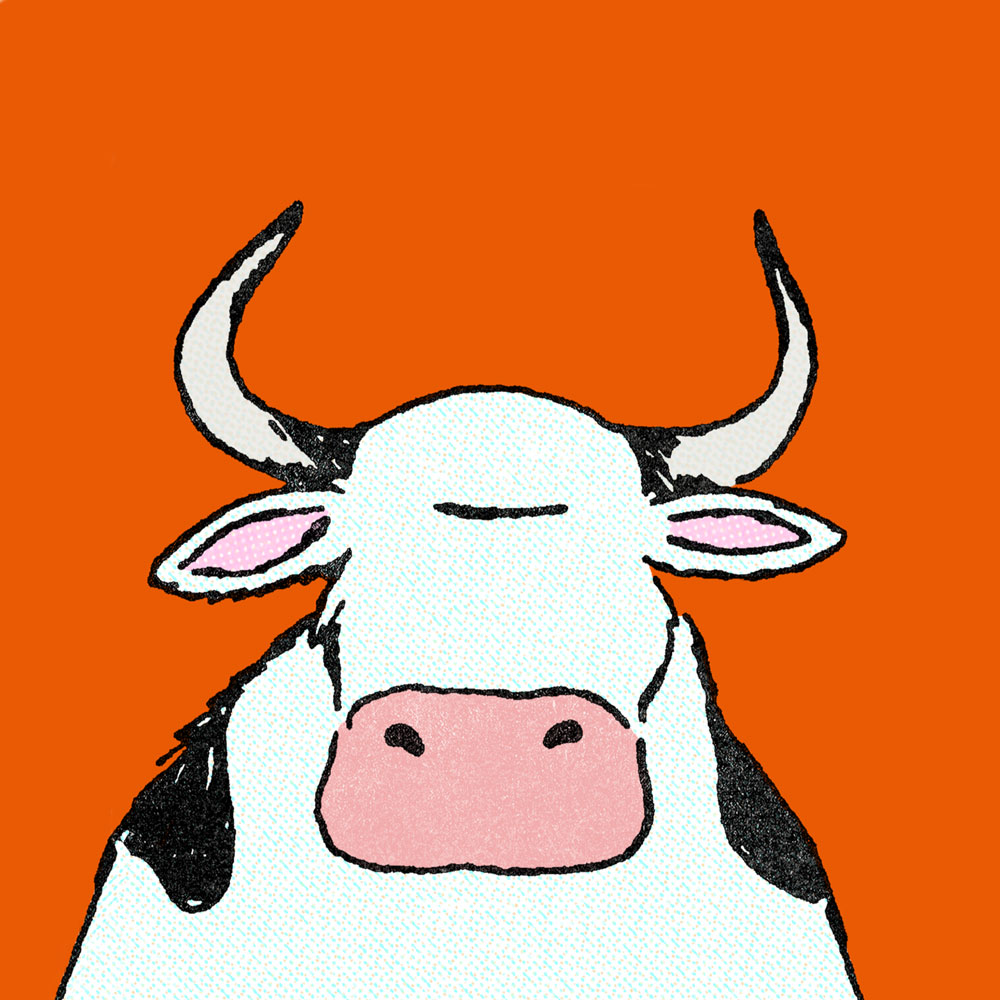

From the article: “There’s something about the freedom of mobility and there’s something very American about it, and so, I also think that there’s a lot of people around the world that think about American cars, and they think about American road trips, and we want to invite the rest of the world. They’re going to come for FIFA’s club games, or they’re going to come for the World Cup, or they’re going to come for the Olympics, come and see sporting events, but then you can also take a week or 10 days with my family to travel around this great country. Stop at our great restaurants. Stay in our wonderful motels or hotels. Gas up your car with great American energy.”
THIS is actual car-brain thinking. I see a lot of memes in fuck cars attacking individuals and the choices they are forced to make, but this article illustrates issues that we have to fight. It’s got all the delusion you expect from a government source written by car companies: tying car ownership to freedom, oddly thinking that non-americans think about our car culture as a positive experience, and that wonderfully tone-deaf tagline.
Your city likely has some form of a transportation committee. Join it. Go to the meetings. The switch to Zoom has made it even easier to do so. My experience with our local zoning committee has reinforced that you have to fight like hell, even with your own neighbors, to do simple things like decrease parking requirements. Car-brain is real and it’s propped up by decades of propaganda and policy.











As I was reading the article, I had to keep checking the URL to make sure I wasn’t on the Onion. Is the BBC doing satire now?